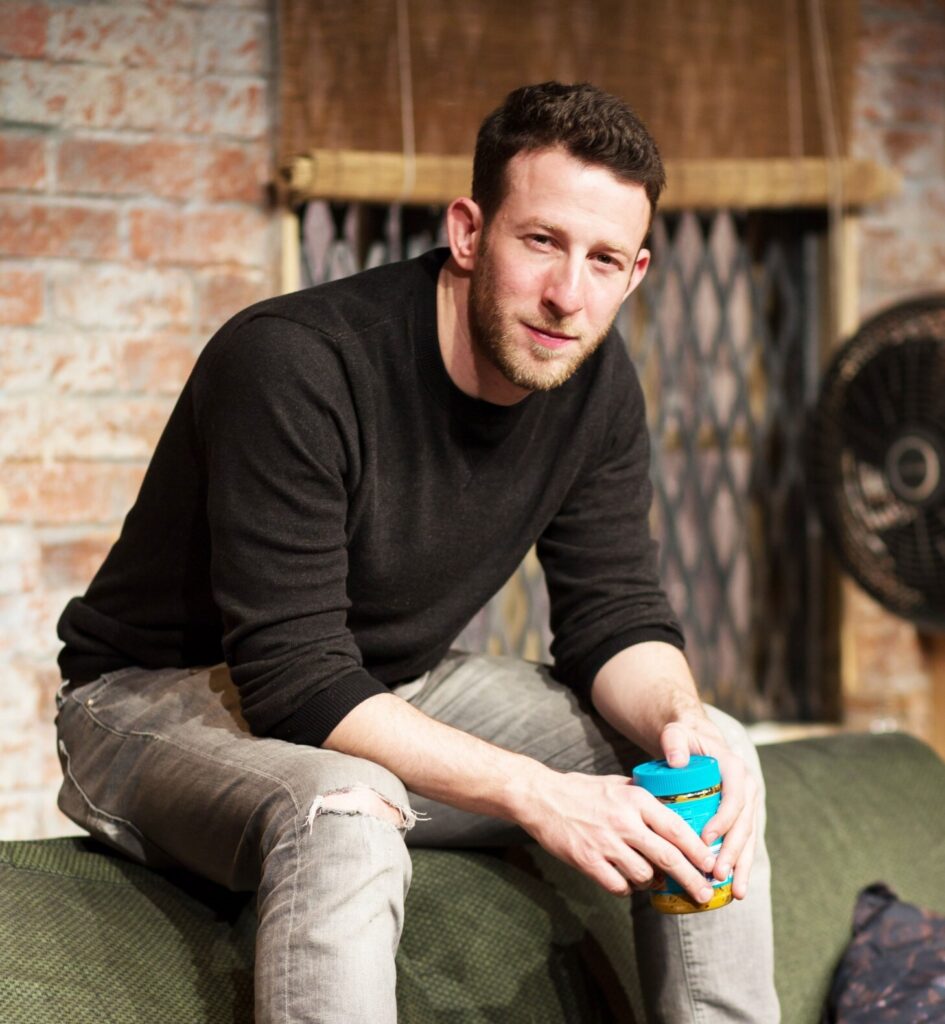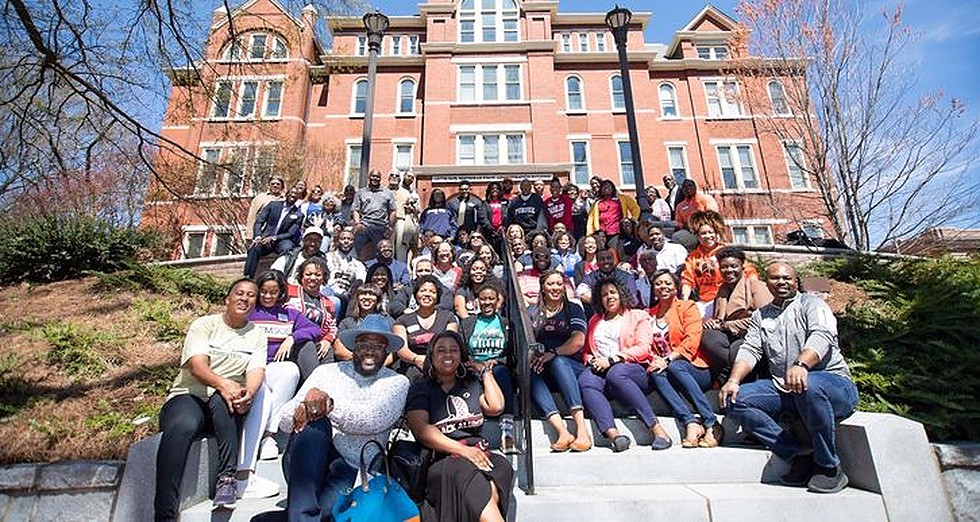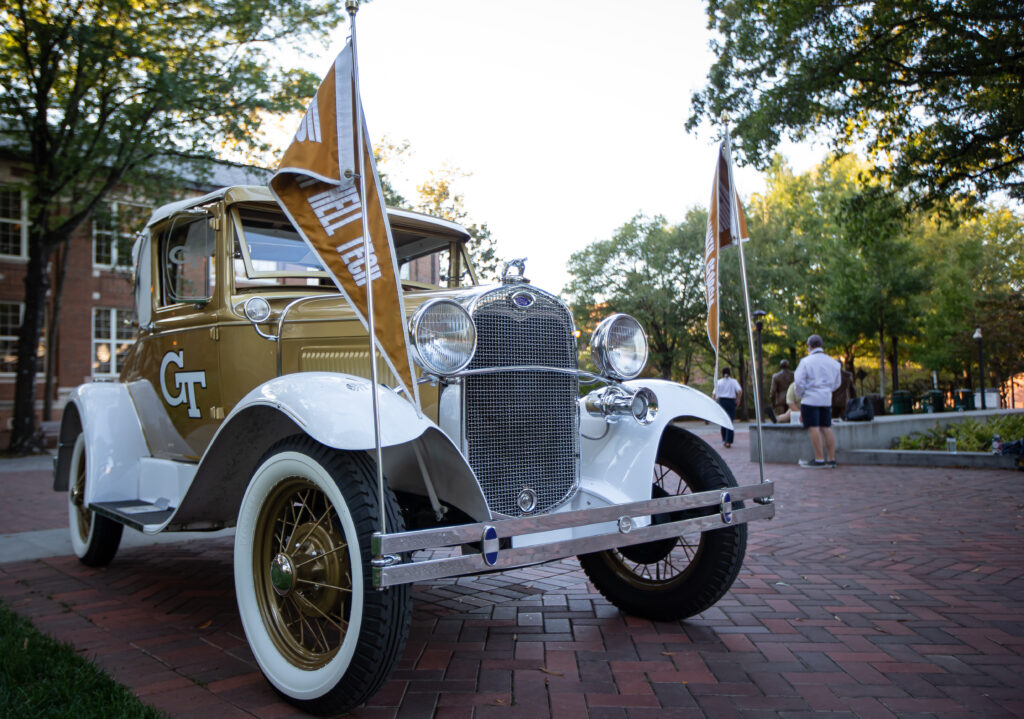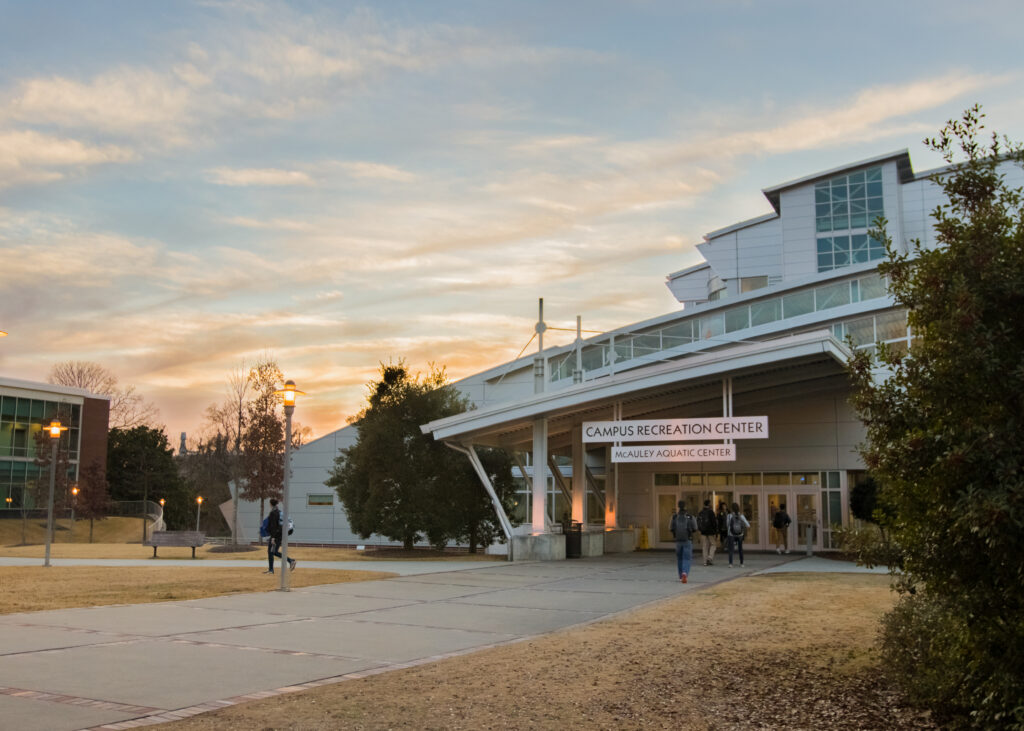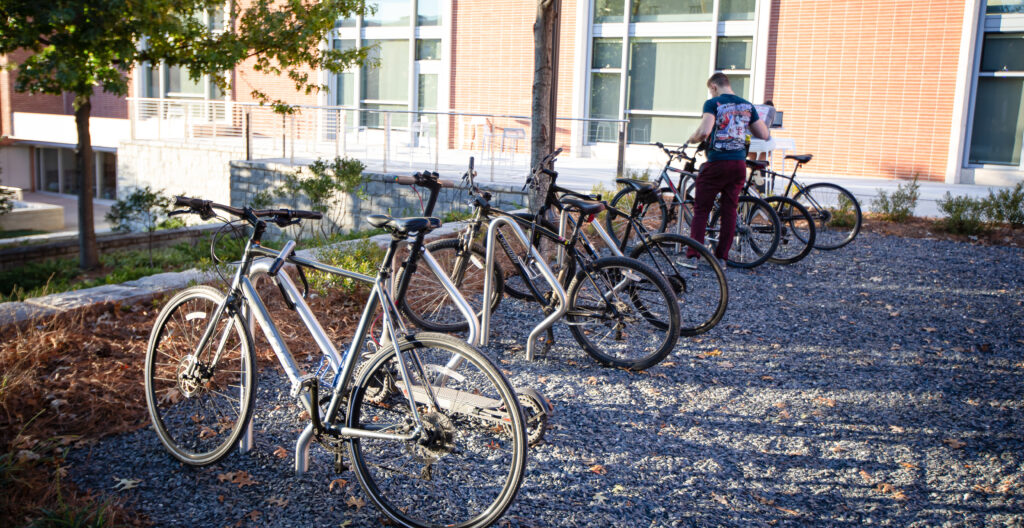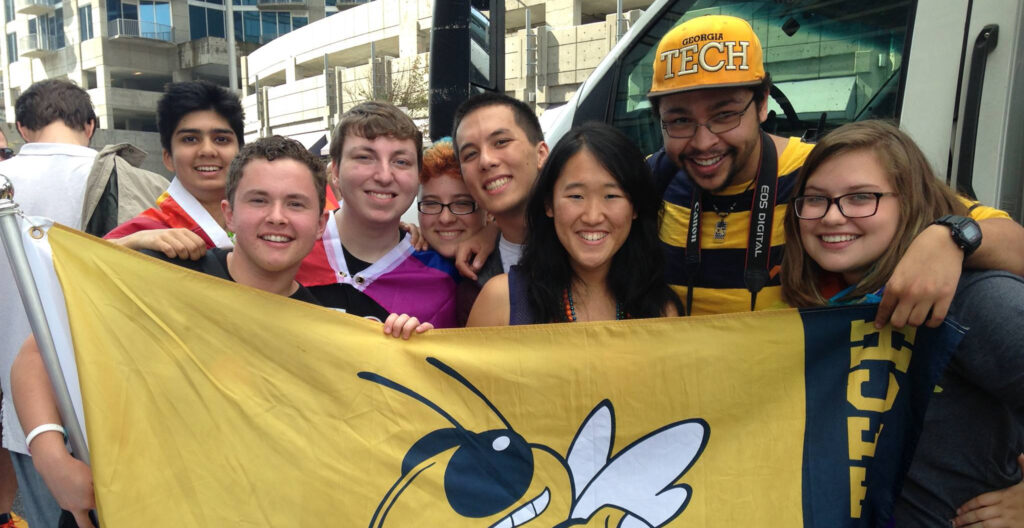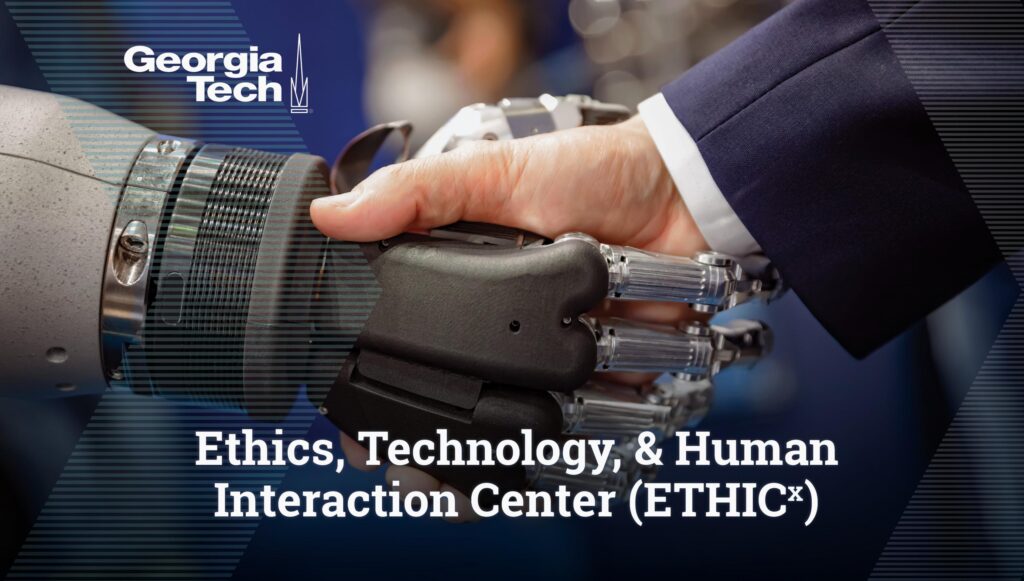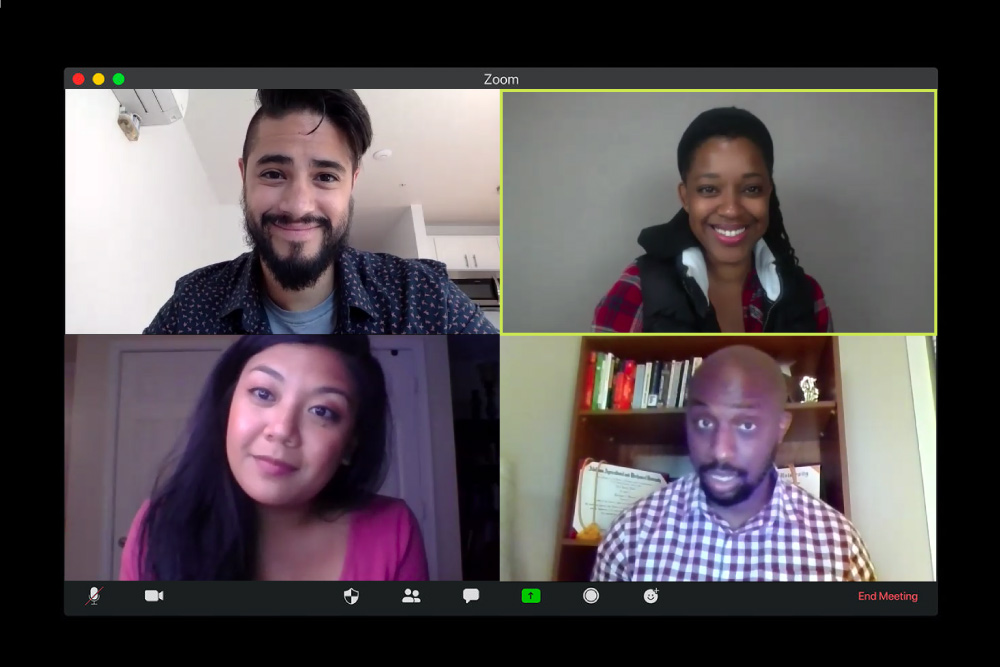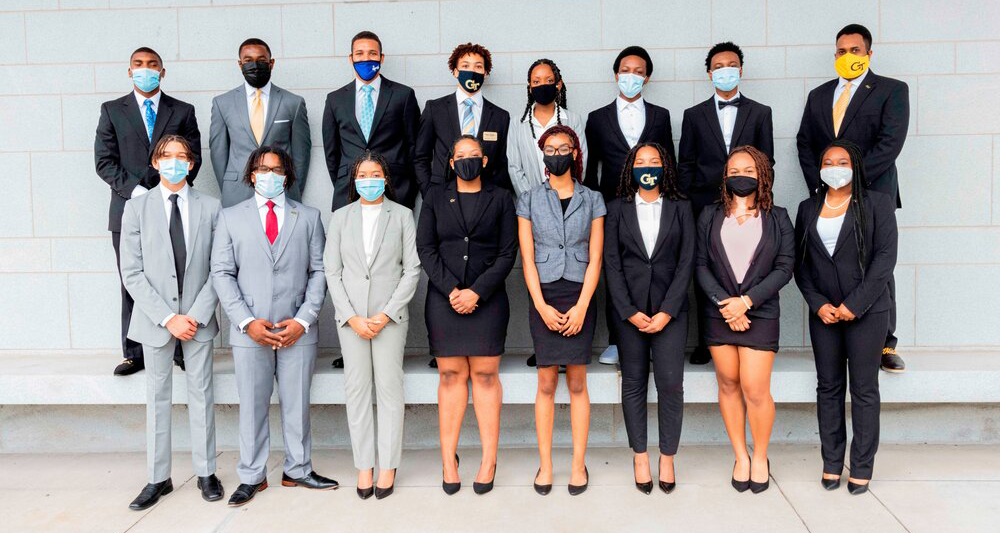
On the weekend of Feb. 26, the African American Student Union (AASU) successfully capped off Black History Month by hosting its 17th annual Black Leadership Conference.
“Since 2004, the Black Leadership Conference has been AASU’s premier leadership event created for and by Black students, providing hundreds of young Black leaders a forum where they can hone their leadership skills to become changemakers on campus and in their communities,” Kyle Smith, Chair of the Black Leadership Conference, wrote in his conference welcome letter. “In the past, our conferences have featured renowned keynote speakers, workshops for achieving success in academia and industry, and equipped students with the tools and networking opportunities needed to foster their personal and professional growth.”
The purpose of the conference is to engage Black students and alumni, providing them with both inspiration and essential expertise to take on leadership positions at Tech and beyond.
For the first time ever, the conference took place virtually throughout the weekend.
It featured several speakers, workshops on many topics and panels intended to boost and support leadership abilities within its attendees.
This year’s conference theme was “Black Brilliance: Passion. Purpose. Intentionality,” with a vision “to empower young Black leaders to use their talents, gifts, and brilliance to uplift the Black community and advance the cause of justice in their personal and professional lives.”
The primary goal is not for Black students to gain the skills they need to succeed, it is instead for them to realize that the tools they need to thrive already lie within them.
The AASU, along with the Black Alumni Organization (BAO), Society of Black Engineers (SBE) and Office of Minority Educational Development (OMED), hosted a lineup of five speakers, including Nsé Ufot, a Tech alumnus and CEO of the New Georgia Project; Andre Dickens, a Tech alumnus and City of Atlanta council member; Kaye Husbands Fealing, Dean of the Ivan Allen College of Liberal Arts; and Jeanne Kerney, a Tech alumnus and president of BAO.
Workshop topics included activism, finance, health and career-hunting — a variety of skill-sets students can use as they pursue leadership positions and lifestyles.
Part of the AASU mission is to make these opportunities accessible to Black students who may not receive the same opportunities as their white and other people of color (POC) counterparts, especially at a predominately non-Black institution such as Tech
Founded in 1968, on the same day of Dr. Martin Luther King Jr.’s assassination, AASU was founded to increase Black enrollment and retention at the Institute and has since given Black students a social outlet and a means for advocacy during and after their time at Tech.
Although their specific missions have shifted over time, five key responsibilities of the organization remain the same.
The AASU website lists these as: “to provide a voice for Black students at the Georgia Institute of Technology, to promote social and cultural awareness in the Georgia Tech community, to improve and maintain relationships between African-American students and students of other ethnic backgrounds, to provide a social and cultural outlet for its members, and to take an active part in the activities of the Institute.”
Part of this mission involves fostering academic and professional growth for Black students at Tech, which is one the objectives of each recurring Black Leadership Conference. However, the final intention and execution varies from year to year.
This year’s Black Leadership Conference looks especially different from previous years’ for a variety of reasons beyond just taking place virtually.
“The Black Lives Matter movement, Covid-19 pandemic, and historic levels of Black voter turnout in Georgia’s most recent elections make it clear that our country is at a critical inflection point,” Smith wrote. “The Young people have a crucial role to play as our nation charts a path forward and our energy, activism, and leadership has and will continue to make our society more just.
“We hope our conference will serve as a catalyst that will inspire you to use your gifts to uplift our community.”
Since last February’s Black Leadership Conference, Tech, Atlanta and the rest of the world have endured historic political and social changes, particularly those surrounding the Black community, making this year’s conference more essential than ever before.
To find out more information about AASU and membership, visit gtaasu.org.

